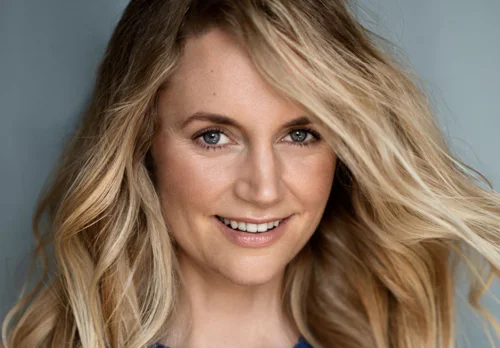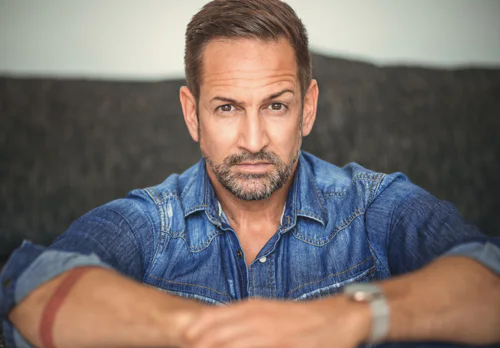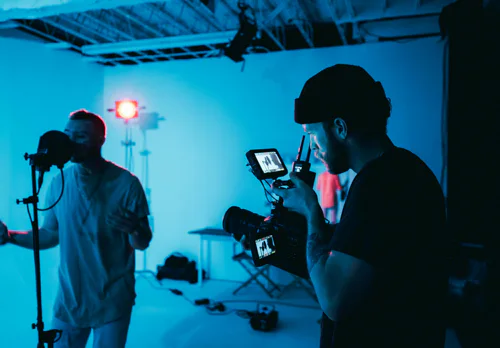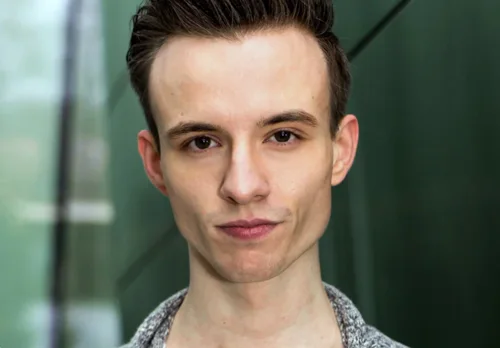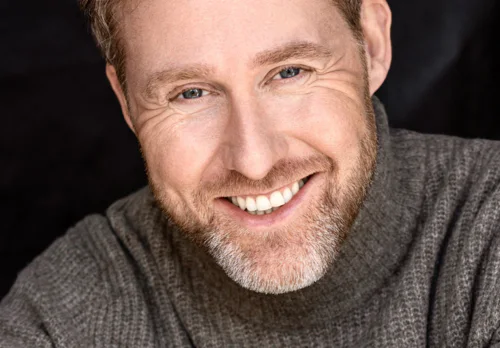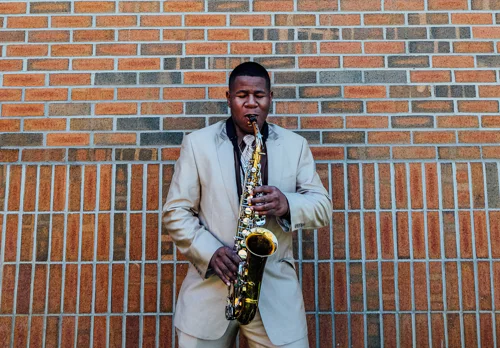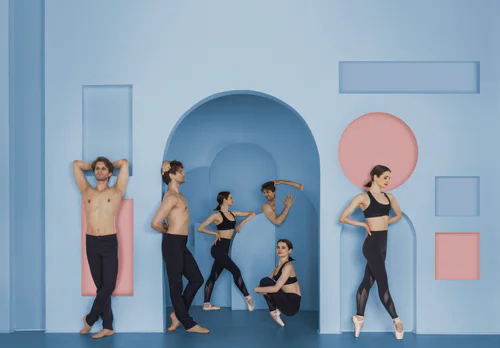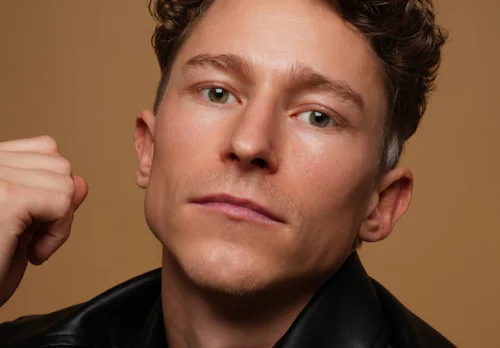What qualities and skills should a prospective presenter have?
People whose personality and positive charisma alone make them very likeable to others are perfect for the job of presenter. Their behavior is not artificial, they do not act, but show themselves as they are. They are unique, unmistakable types that everyone would love to welcome as their guest at their birthday party.
Young presenters should be lively, bursting with energy and able to infect those around them with it. They should also combine curiosity, competence and credibility in one person.
A strong screen and stage presence are just as important. Both in front of the camera and on stage, a prospective presenter should feel at ease and be able to convey emotions.
A pleasant voice and good oral expression are further prerequisites for working as a presenter later on. This is primarily essential when presenting monologues or moderating contributions. They should also be able to interpret and understand the verbal expressions and non-verbal behavior of their guests in order to conduct good interviews and be able to respond to comments from interview partners. At the same time, they should keep an eye on the timing for the rest of the moderation, think about follow-up questions and memorize people, names and numbers.
Since a large part of a presenter's work begins before the actual broadcast, show or event, organizational and planning talents have a clear advantage. This is because their appearance must be prepared in advance, both in terms of time and content. They also need a good sense of aesthetics, logic and entertainment value in order to develop and design successful concepts. A good understanding of the text and a knack for research work are additional requirements in order to gather the right information. This information is then summarized by the moderators in moderation texts. Good written expression and error-free spelling are essential.
Other qualities and skills required of moderators, such as a quick-witted manner and the ability to deflect mistakes, do not have to be mastered by beginners. These can be learned or acquired from engagement to engagement.
What vocational training is required?
If you are looking for a traditional training course to become a presenter, you will hardly find one. Only a few private academies offer partial training in this area. Otherwise, prospective presenters have to make an effort to train themselves well. Most candidates begin by studying journalism. However, moderation is not necessarily integrated into the curriculum as a module. If you want to become a presenter, you should therefore attend additional workshops or seminars that focus on moderation techniques, among other things. Moderation training is either offered by the training institution itself or by another institution.
You should also continue your training by gaining lots of practical experience. So if you start applying for internships and freelance jobs early on, you have a good chance of really fulfilling your desire to become a moderator. All jobs can be helpful, for example as a presenter on a local community radio station, a local fashion show or a country-specific TV station.
However, experts agree that there is one thing you should definitely do: voice training! Even the smallest stations offer this training to their employees. They learn from a voice coach how to use their own voice professionally. This includes the right breathing technique, finding the right pitch and varying your own voice.
Specialization in a type of event (e.g. news, magazine, talk shows), a medium (e.g. radio, television, web) or specialist area (e.g. fashion, politics & business) often arises in the course of a career. Unless, of course, you know from the outset that you want to be a sports presenter on the sports show "Sportschau" on TV channel Erste. In this case, you should of course choose your internships and other jobs accordingly in order to have the best prerequisites for this job.
How do I convince people in the application process for a first job?
Regardless of whether vacancies are advertised or not, you should also send unsolicited applications to employers. For example, if a position becomes vacant at some TV stations, they will draw on their extensive casting archive. In addition to professional presenters, you will also find interesting young candidates who have sent an unsolicited application.
Applications should always include a cover letter, a CV with a portrait photo and a video with work samples. Ideally, demos should show a presenter in action during a real performance. If you can't show this as a beginner, you can come up with a creative concept yourself and record it at home. There is no need to hire an expensive studio for this.
If the applicant's talent appeals to the jury, they will be invited to a casting call. On site, the presenter is put to the test by having to act out different situations and solve various tasks. They will also be tested on how they look on stage and through the camera. However, this can be practiced. In the same way, you can prepare for different scenarios that may be addressed, e.g. "A talk show guest becomes defiant. - How do you behave?"
Producers or program directors are often looking for a certain type. If you don't meet their expectations, you shouldn't be sad, but move on. Because for the next production, you might be exactly the person they were looking for all along.



